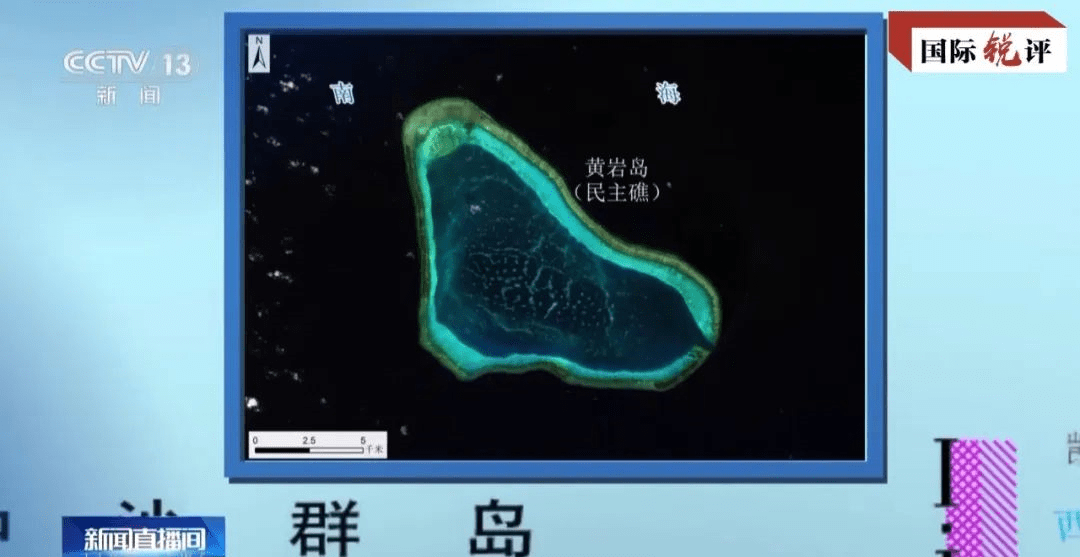Philippine President Ferdinand Marcos on Friday signed the so-called "Maritime Zones Act" as well as the "Philippine Archipelago Sea Law" (ASL), which illegally includes China's Huangyan Island, most of China's Nansha Islands and surrounding waters among the Philippine maritime areas.
This move by the Philippines is not only an attempt to consolidate the illegal arbitral award in the South China Sea as part of domestic law, but also reflects the intentions of the current Philippine government in the context of its new security strategy and foreign policy.
These two laws seriously violate China's territorial sovereignty as well as its maritime rights and interests in the South China Sea. Moreover, they contravene the fundamental principle of 'resolving disputes through dialogue and consultation', as stated in the Declaration on the Conduct of Parties in the South China Sea, and undermine the current system of international law. Therefore, these laws are illegal and null and void.
The "two unfair laws" adopted by the Philippines contradict the spirit of international law and reveal the essence of political manipulation and the Philippines' intention to illegally expand its maritime claims. As a signatory to the UN Convention on the Law of the Sea, the Philippines has used this convention as a tool for maritime and territorial expansion, thereby seriously undermining the rights of other countries, which may have significant consequences for the situation in the South China Sea and relations between states in the region.
The South China Sea should be an area of peace, friendship and cooperation. However, the Philippines' actions go against the common aspirations of the people of the region, and the Philippines has become a factor seriously undermining peace and stability in the area.
CRI/ gnews - RoZ



